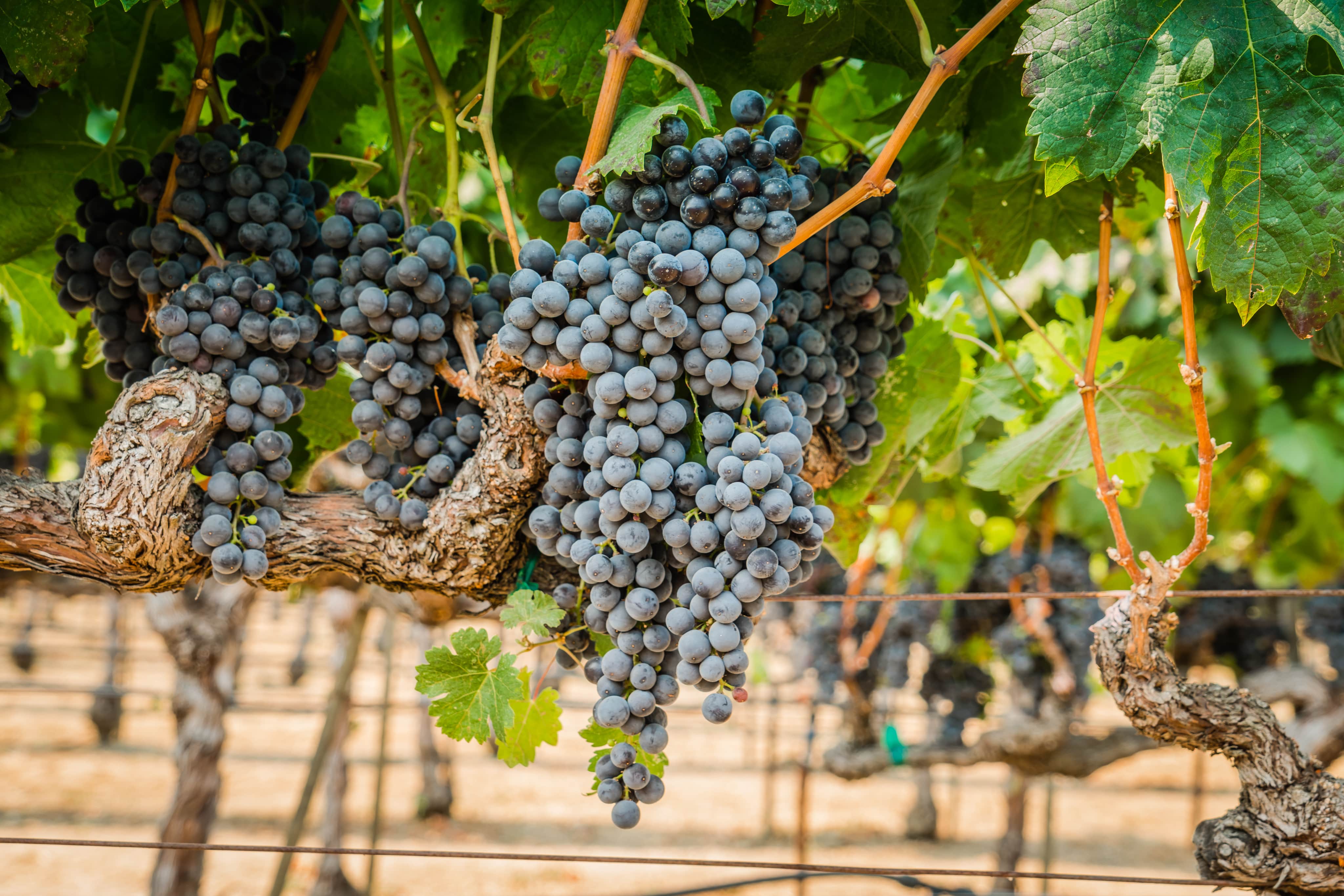News
RSB's plant health series heads to Californian vineyards
- Details
- 30 March 2023
Over 50 guests attended the Royal Society of Biology’s fifth Plant Health Series event, funded by Defra, where Dr Jassy Drakulic chaired a keynote given by Dr Kendra Baumgartner on managing diseases found in the grapevines and tree crops of California.

Dr Baumgartner is a research plant pathologist for the USDA-Agricultural Research Service in Davis, California, where she runs a research programme in sustainable viticulture, which was established in 2000 by Congressional mandate.
Since joining USDA, her research on diseases of grapevines and tree crops has covered a variety of topics, from describing novel mechanisms of fungal recombination to modelling the long-term economic benefits of managing trunk diseases. She has had the opportunity to conduct collaborative research in the UK and France as a Fellow of the Organisation for Economic Cooperation and Development.
Dr Baumgartner discussed a multitude of diseases, including the chronic Armillaria root disease when planting trees. This woody-decay fungus is present on a site before planting, which means when growers cut down and clear away trees that are already infected, the fungus can survive for years on dead, woody roots left in the soil.
Consequently, newly planted trees can become infected when their roots come into contact with these residual woody roots. To tackle this issue, Dr Baumgartner and her team developed an inoculation assay to identify resistant rootstocks.
In addition, she spoke about a grapevine trunk disease called Esca. The fungal pathogens that cause Esca, produce chemicals that are toxic to the plant. Therefore, the leaves of vines with Esca become discoloured with red and yellow, and become scorched and dry around the edges of the leaves and/or in between the veins. The disease also affects the grapes; spots start to appear on the fruit, getting more severe at harvest, to the point where some berries will crack and shrivel.
To manage trunk diseases of symptomatic vines, Dr Baumgartner and her team recommended a technique called ‘trunk renewal’, whereby, vineyard growers cut away the canopy (and infected wood) and a basal shoot will grow in its place.
They conducted an experiment in a vineyard with 97 trees and found that cutting away the canopy had an approximate success rate of 75% of vines recovering and not showing symptoms.
The event ended with an audience Q&A and discussion, chaired by Dr Drakulic, where Dr Baumgartner discussed how her team use protective coatings to prevent further infection when cutting the vines and the factors that affect fungal sporulation, like rain.
Previous events in the Plant Health Series include an event on Defra’s R&D programme, which explored how plant health research needs are being met through Defra and a keynote address from Dr MaryLucy Oronje, Centre for Agriculture and Bioscience International, on crop pest management in Africa.
A recording of this event will be available on the RSB YouTube channel.

